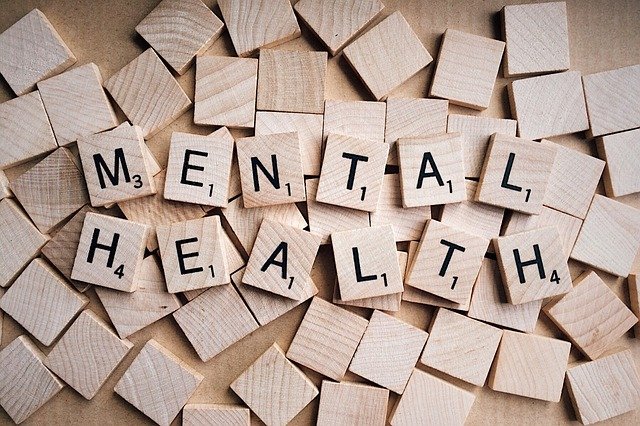
You’re not alone. Mental health is a common struggle, but it doesn’t have to be an isolating one.
Whether you are struggling with your mental health or just want to learn more about how to take care of yourself, this guide will help you get started on the right path. We cover everything from what mental illness is and how it affects people every day, all the way through tips for taking care of your mental health and being yourself in a world that may not always understand you.
So many people feel like they can’t talk about their struggles with others because they don’t know where to start or fear judgment from those around them. This guide aims to change that by giving everyone who reads it access to information that could potentially save their life someday when they need it most – whether that’s tomorrow or years down the line. It also provides some great tips for taking care of your mental health so you can live a happier life while still dealing with whatever challenges come up along the way!
Maintaining your mental health is just as important as taking care of your physical health. Yet, for some reason, it seems to be something that we often ignore until it’s too late. Here are a few tips to help you take care of your mental health and keep yourself healthy and happy.

1. Be as honest as possible. With yourself and with others. This allows you to express your feelings, receive support from those who care about you, and understand what’s going on more clearly. If it seems like something is wrong but you’re not sure, take a break from everything until you figure out what’s going on or until a friend can convince you that nothing is wrong.
2. Don’t stay in one place for very long if it makes you feel bad. Go somewhere else where people are doing things besides drinking alcohol every night, sitting around watching TV all day, etc.; someplace that doesn’t remind you of past experiences that have made you feel bad.
3. Talk to someone you trust about how you’re feeling. This could be a friend, family member, therapist, or any other support system. Talking openly and honestly about your thoughts and feelings can be helpful in managing them.
4. Exercise regularly. Exercise releases endorphins, which have mood-boosting effects. It’s also a great way to distract yourself from negative thoughts and feelings.
5. Eat healthy foods. Eating nutritious foods helps your body function at its best both physically and mentally. Junk food can make you feel sluggish and unhealthy.
6. Get enough sleep. Most people need around seven or eight hours of sleep per night. When you’re not well-rested, it’s harder to cope with stress and negative emotions.
7. Take breaks when needed. Sometimes it’s necessary to take a step back and focus on taking care of yourself. This could mean taking a day off work, spending time outdoors, or doing something that relaxes you.
8. Be as honest as possible. With yourself and with others. This allows you to express your feelings, receive support from those who care about you, and understand what’s going on more clearly. If it seems like something is wrong but you’re not sure, take a break from everything until you figure out what’s going on or until a friend can convince you that nothing is wrong (normally this will only take a night of sleep).
9. Don’t stay in one place for very long if it makes you feel bad. Go somewhere else where people are doing things besides drinking alcohol every night, sitting around watching TV all day, etc.; someplace that doesn’t remind you of past experiences that have made you feel bad.
10. Seek professional help if necessary. If your mental health is seriously affecting your daily life, it’s best to seek help from a professional. There are many treatments available that can help you manage your mental health successfully.
If you’re looking for a source of inspiration and encouragement, know that you are not alone. There is always going to be someone out there who understands how hard it can be to live with anxiety or depression. You may feel like your mental illness defines you but in reality, it’s just one part of the person that makes up WHO YOU ARE. We want to help people get back on their feet so they can start living life again! The first step is understanding what’s happening inside our minds and bodies so we don’t have any more surprises along this journey called LIFE. Taking care of your mental health can be challenging, but it’s worth it in the end.

